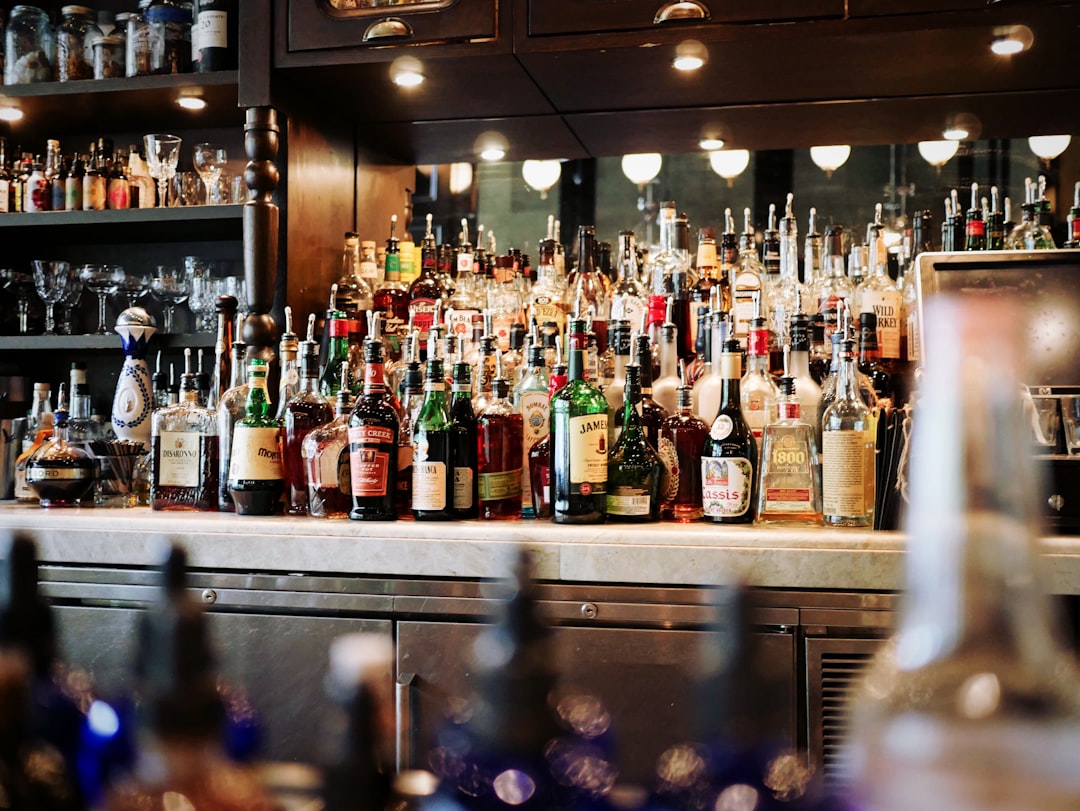Are there times when you have bought meat and while you cooked it, you kept asking yourself how safe the meat is for your family? There is more than one factor to gauge how safe your meat is. For respites, you may check with the government to see if they regulate the meat industry or if they require a safety test.Another question you might ask is, if you are not satisfied with the answer that the meat industry makes, then you may want to consider taking advantage of a meat safety course.
If you are against regulations, you may wish to think of why you would like to be regulated in the first place and the possible negative effects of additives and increased cancer risks. While these are debatable, there is little denying that a meat industry that includes strict regulations is better for the health of you, your family, and your community.

The bad news is that there are no predetermined standards by which all meat will be graded. This is something to think about, because no matter what you are told, you will never be sure of the quality of the meat you serve to your family. It is a good idea to check with the U.S. Department of Agriculture, or U.S.D.A. for the world, to find out the currently accepted food safety standards around the world.
loosely speaking, there are four major worldwide food safety systems and they are: the Food and Agriculture Organization, the United Nations Food and Agriculture Organization, the Food Safety and Inspection Service of Japan, and the U.S. Department of Agriculture. Although there are others, these are the mostbig name publishers of food safety and safety. Although these aren’t bad places to find out, you still need to be wary of them taking advantage of their national name to market their bad quality products as something else.
For example, when ever you purchase meat at your local grocery store, you may see the label USDA organic. What you need to watch out for is anything that challenges the integrity of that label. For example, USDA organic could mean that meat has never been treated with antibiotics, never fattened animals, and the animals were not given growth hormones. If you see this label and still want to purchase meat, you may want to check labels more carefully for contamination and hidden treatments.
Another label you may see is lean fine. This means that the meat has been processed to remove fat and then reconstitute it. Meat is then typically mixed with other ingredients such as salt, water, and other flavorings to make it easier to cook and include less cooking time.
The last label that you will see on the meat packaging is something that is rarely seen by the consumer. This is the label of the meat itself. The label says USDA organic and this is the best way to tell you what it is and what it is not. When you are purchasing meat, if you can’t identify this label, you may want to check all of the other labels as well for a comparison. Since only USDA prime meat is acceptable for fine dining, you want the best that you can find.
The next time you are out and about and have to make a choice, be sure to look at the USDA organic labeler if you can. If the meat that you are looking at is something that the company has processed, then it is less likely for them to use extreme fresher methods to raise the animals. This is where you will find yourself spending more money than you probably want to. By purchasing from a company that raises its animals using methods that do not involve chemicals and preservatives, you are moving towards a more sanitary and natural environment.
For many people, this is also a huge plus. Since you are purchasing from someone else, you do not have to worry about theetically altered components of their meat that they are often forced to use. Something as simple as the concentration of hormones can make a huge impact on the quality of the meat. By purchasing from a reputable source, you can make sure that you are getting the best quality with less risk of having their reputation sullied.



